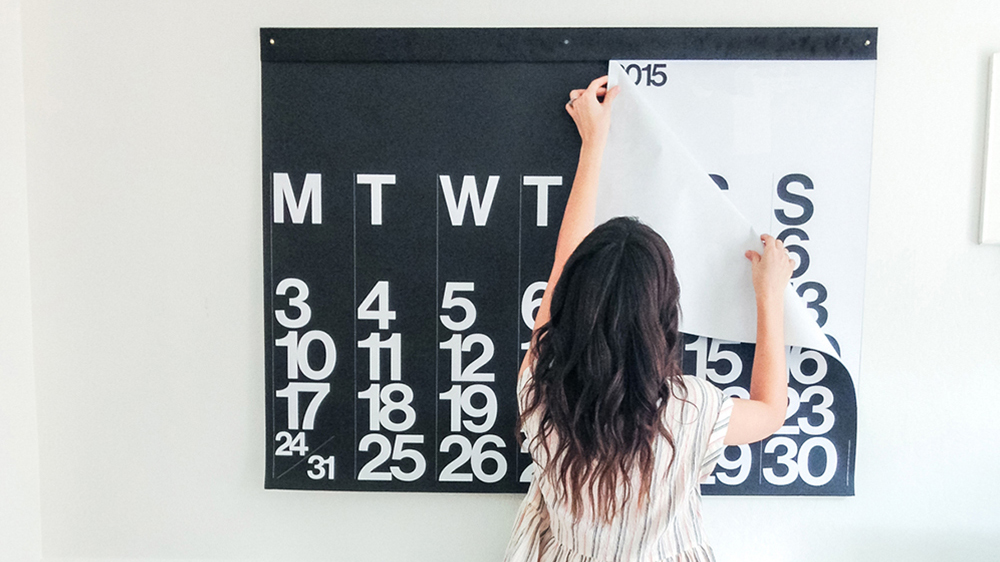When you decide to sell your home, the last thing you want is for it to sit on the market forever, especially if you’re already packed up and moving to your new digs. Conversely, you might not be ready for your home to go under contract within the first few days after listing it. So how can you plan? Is there a way to predict a quick home sale?
Besides relying on a psychic reading, there are some real-world ways to make a fairly accurate prediction of how fast your home will sell. Heed the following information to learn how to price your home right and predict how long it’ll be on the market, especially if your home is in San Jose, CA, or one of the other top 10 fastest-moving markets.
1. The price
The best way to influence how fast your home will sell is by the price you set. Want yours to sell right away? Price it at or below market value, a figure you arrive at based on what comparable homes in the area are selling for and your home’s appraisal value. Price higher if you don’t care how long it takes to sell. “The best time to get noticed is the first few days your property hits the market,” says Mor Zucker, a Denver, CO, real estate agent.
If you price too high, people searching for a lower price range might miss your listing. Meanwhile, your home competes in a price range with homes that are probably more attractive than yours because of location, size, or condition — or all three. You’ll probably need to eventually reduce the price to sell. “You’ve now started chasing the market instead of the buyers chasing you,” says Zucker.
Another tactic you can use is house numerology. Sellers often use the number 9 or 5 as the last numeral in their home’s sale price — in fact, more than half (53%) of home listings end in the number 9. This is so homeowners can stay within a set price “range” without giving up value. Ending your listing in the number 5 is a good way to bring down the price some, but not all the way.
2. Your willingness to negotiate
If you’ll not accept a penny less than full asking price, expect your house to sit longer than others in your area. After pricing too high, “a reluctance to negotiate is the second reason homes stay on the market a long time,” says Trip duPerier, owner of Texas Landman LLC. “A solid offer is nothing to scoff at,” he adds.
You should also be aware of what price range people are looking for in your market. Trulia’s MarketMatch report found that 10.4% of national home searches at a certain price point failed to match the available inventory at that price. For example, if you are selling a home and have priced it in a higher range that very few people are interested in, you can expect it to sit on the market for a while — even if starter homes around the corner are flying off the market in one week.
3. The photos
Want your home to sell fast? Besides making it look nice and spiffy on the outside and staging it indoors, get it photographed by a pro. “Having good photos of your home can definitely shorten the amount of time your property sits on the market,” says Zucker. Buyers naturally gravitate to homes that have better photos, and, according to Corridor Home Photos, listings using professional photography typically sell 50% faster than homes without professional photos.
4. Crunching the numbers
If you got an A in statistics class, you’ll love this method to determine how long your house will sit. It involves inventory levels, median market time, median sales price, and percentage of list-to-sales prices. “If the inventory of homes is low, the house will sell faster,” says John Lyons, a Chicago, IL, real estate broker. Your house will take longer to sell in a buyers’ market that has lots of inventory.
Looking at how many days on average it takes for similar homes in your area to sell gives you an idea of how long yours will take. This is assuming a median sales price. Pricing below or above that affects how long the house will sit. “Percentage of list-to-sales prices is an indicator for how closely the list prices assigned by sellers reflect the value a buyer is willing to pay,” says Lyons. If the percentage is over 100%, homes sell for more than list price. Less than 100%, and homes sell for less. The actual number tells you how much more or less. This stat varies depending on location.
5. A good agent
It’s important to choose an agent with experience selling homes like yours and one who’s familiar with the area. “The right real estate agent can make a huge difference in how long it takes to sell a home,” says Pamela Colombana, a California real estate agent. A good agent knows how to prep your home for sale and will be skilled at marketing it.
6. An honest approach to your sale strategy
Atlanta, GA, real estate agent Bruce Ailion once listed a home with a leisurely 120-day listing period, not knowing the homeowners had to sell pronto. “They called me after only 30 days and asked me what it would take to sell their home in the next 30 days. They were quite anxious and agitated,” recalls Ailion. Turns out, the husband was to report to federal prison in 30 days. But the sellers didn’t want to reveal that … until they heard the clock start ticking. Ailion, after making a substantial reduction, sold the property in time. His lesson: “Being honest about your time requirements helps get the best price.”


